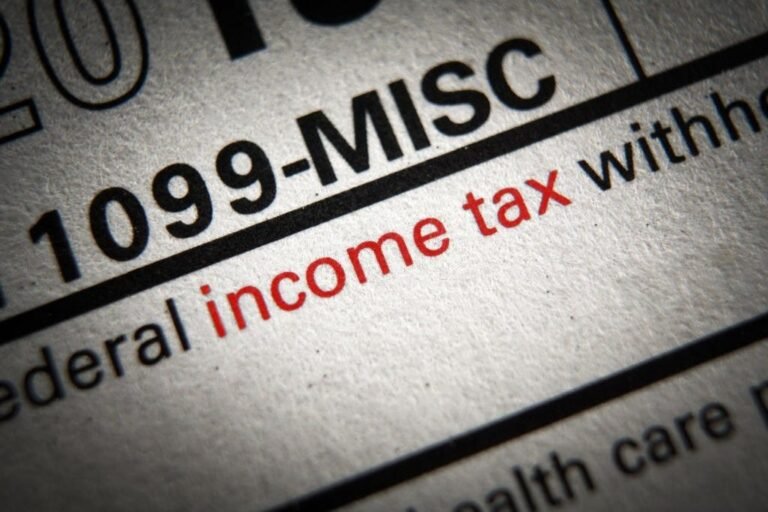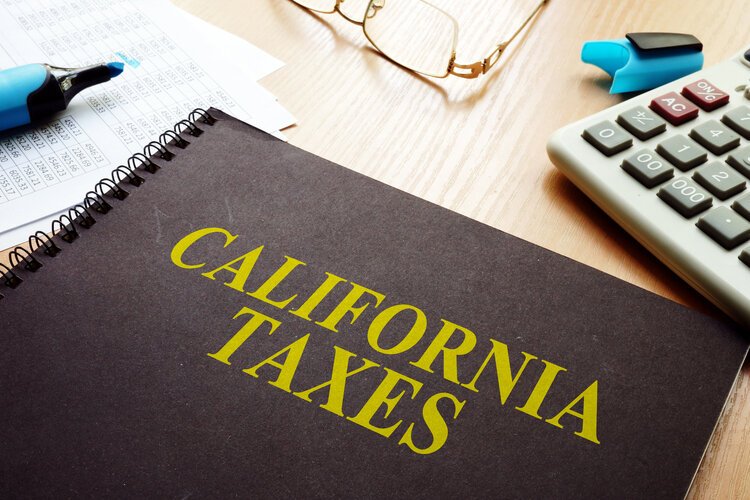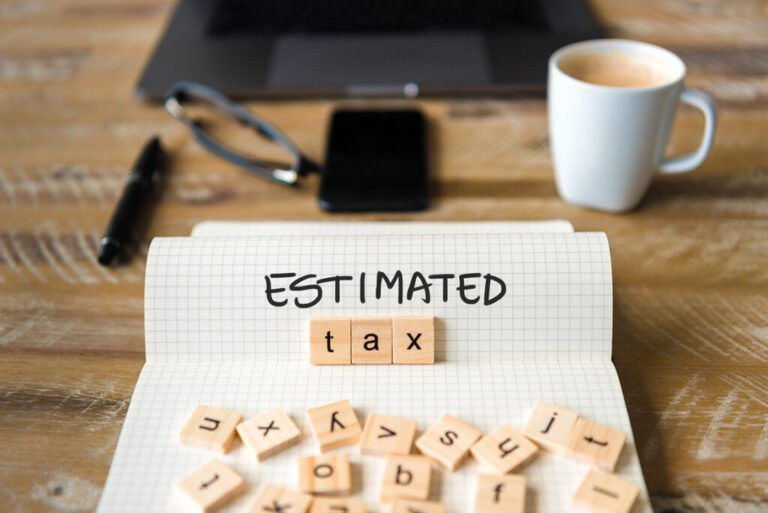Federal Corporate Tax In USA

Federal Corporate Tax Rate In USA
What Businesses Need to Know in 2025
Business owners and entrepreneurs frequently ask, “What is the federal corporate tax rate in the USA?” Understanding corporate taxes is crucial for planning your finances, whether you’re already operating a corporation or preparing to launch one. Let this guide walk you through the essential aspects of federal and state corporate tax rates in 2025, as well as strategies to help you manage and potentially reduce your tax liability.
How Corporate Taxes Work in the USA
Corporate taxes apply to the earnings of companies and are based on taxable income, calculated as revenue minus allowable deductions. In the USA, the federal corporate tax rate is a flat percentage applied specifically to C corporations. C corporations report income, expenses, and other financial details to the IRS using Form 1120. This tax form distinguishes corporations as separate entities from their owners, so tax is assessed on corporate income rather than personal income.
Federal Corporate Tax Rate in 2025
The corporate tax landscape in the U.S. was reshaped by the Tax Cuts and Jobs Act of 2017, which established a flat 21% tax rate on the taxable income of C corporations—a rate still effective in 2025. Here’s a simple breakdown of how this works for a corporation with an annual revenue of $100,000 and expenses of $20,000:
- Determine Taxable Income: $100,000 – $20,000 = $80,000.
- Calculate the Tax Owed: $80,000 x 21% = $16,800 in federal corporate taxes.
New Adjustments to Corporate Tax Obligations
As of 2025, there are additional considerations for large corporations. Companies with annual earnings exceeding $1 billion must pay a 15% minimum corporate tax, based on profits reported in their financial statements rather than traditional taxable income. Additionally, a 1% excise tax on stock buybacks continues to apply, adding a layer of tax for corporations that engage in share repurchases.
State Corporate Tax Rates Across the USA
In addition to federal corporate taxes, state corporate taxes vary widely. Many states impose corporate income taxes, but there are exceptions:
- States with no corporate income tax: South Dakota and Wyoming.
- States with gross receipts tax instead: Nevada, Ohio, Texas, and Washington.
Below is a sampling of state corporate tax rates. Rates differ, so check with a tax advisor or your state’s tax authority to confirm the rate applicable to your business:
|
State |
Tax Rate |
|
Alabama |
6.50% |
|
Alaska |
0% – 9.4% |
|
Arizona |
4.90% |
|
California |
8.84% |
|
… |
… |
|
Wyoming |
None |
Strategies to Reduce Corporate Tax Liability in 2025
Managing your corporation’s tax obligations effectively involves careful planning and using available tax advantages. Here are some strategies that can help you minimize your tax liability:
- Choose the Optimal Business Structure Selecting the right legal structure for your business—whether a C corporation, S corporation, or LLC—can significantly impact your tax obligations and potential deductions.
- Utilize Deductions and Credits Take advantage of all applicable tax deductions and credits. For example, expenses for research and development, employee benefits, and qualifying energy-efficient upgrades may be deductible, while credits for certain activities or investments can reduce your overall tax burden.
- Develop a Strategic Tax Plan A solid tax plan crafted at the beginning of each year can help ensure compliance and maximize deductions. Proactively reviewing and updating your tax strategy will allow you to plan for expenses and investments in ways that benefit your tax position.
- Consult with a Tax Professional Engaging a tax advisor can be especially helpful as your business grows. Professionals can help you make the most of deductions, comply with changing regulations, and navigate state-specific requirements.
Make the Most of Tax Planning in 2025
Understanding and effectively managing the federal corporate tax rate in the USA is essential for corporations looking to stay compliant and maximize profitability. With proactive planning and smart tax strategies, you can minimize your corporate tax liability and support the financial health of your business. Reach out to a tax professional to discuss your tax strategies for 2025 and stay informed about any updates in federal and state tax rates. Taking these steps will help you focus on expanding your business while staying tax-efficient.






